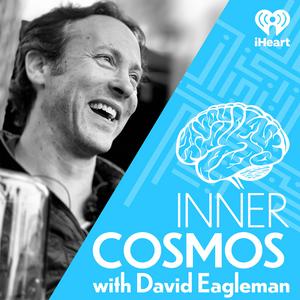What makes things last, and what do very different lasting things have in common? Why might a space alien not be able to understand music? Why do windows in medieval cathedrals look thicker at the bottom, and what does this reveal about the world’s religions? What was the most important weapon in ancient history, and how did it disappear? Join today for the story of persistence, from sharks to schizophrenia to Roman concrete to DNA.


